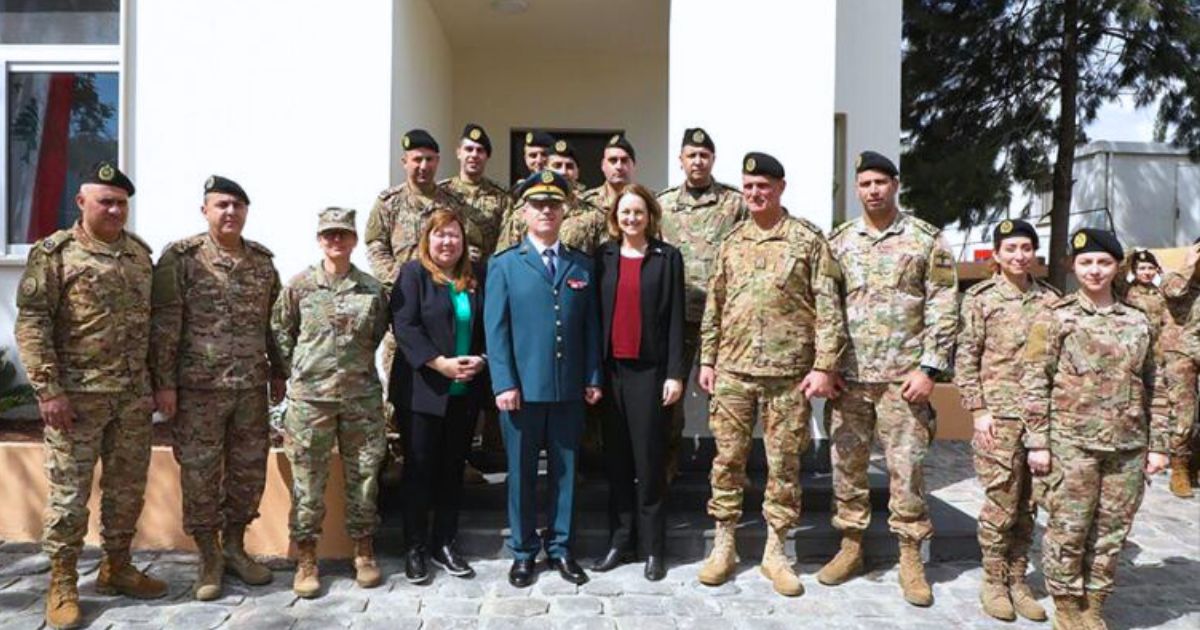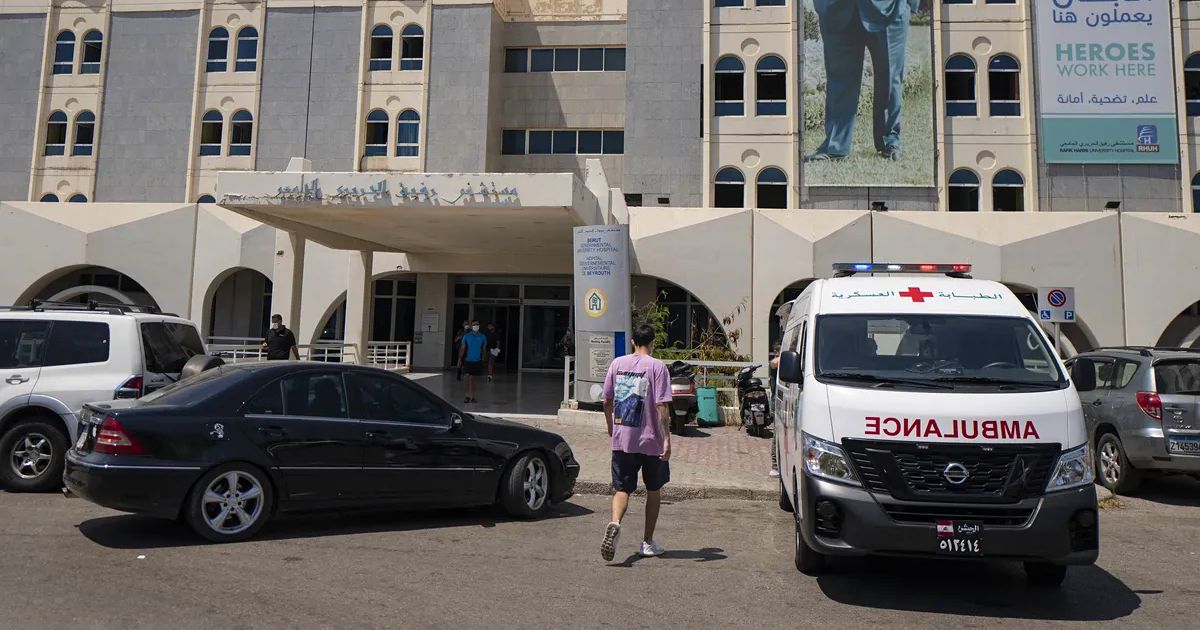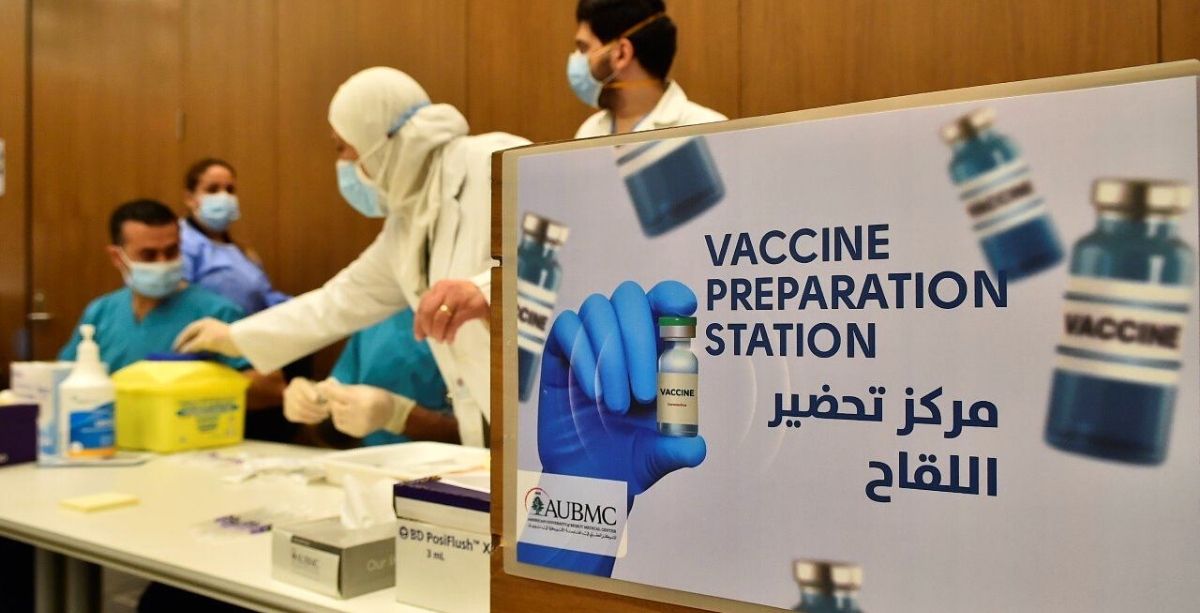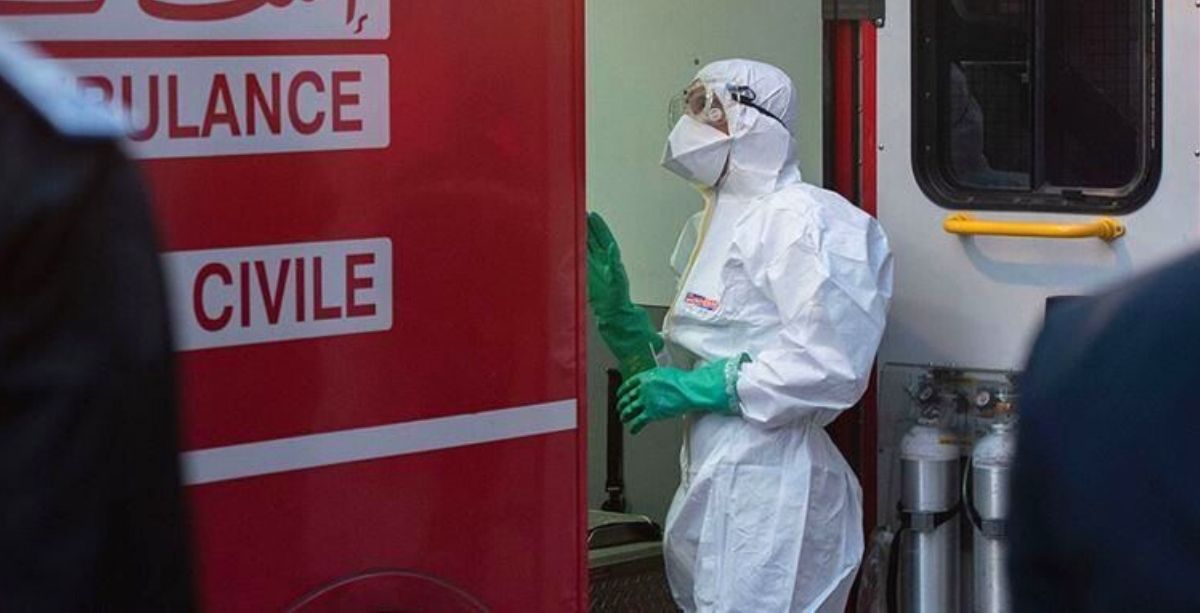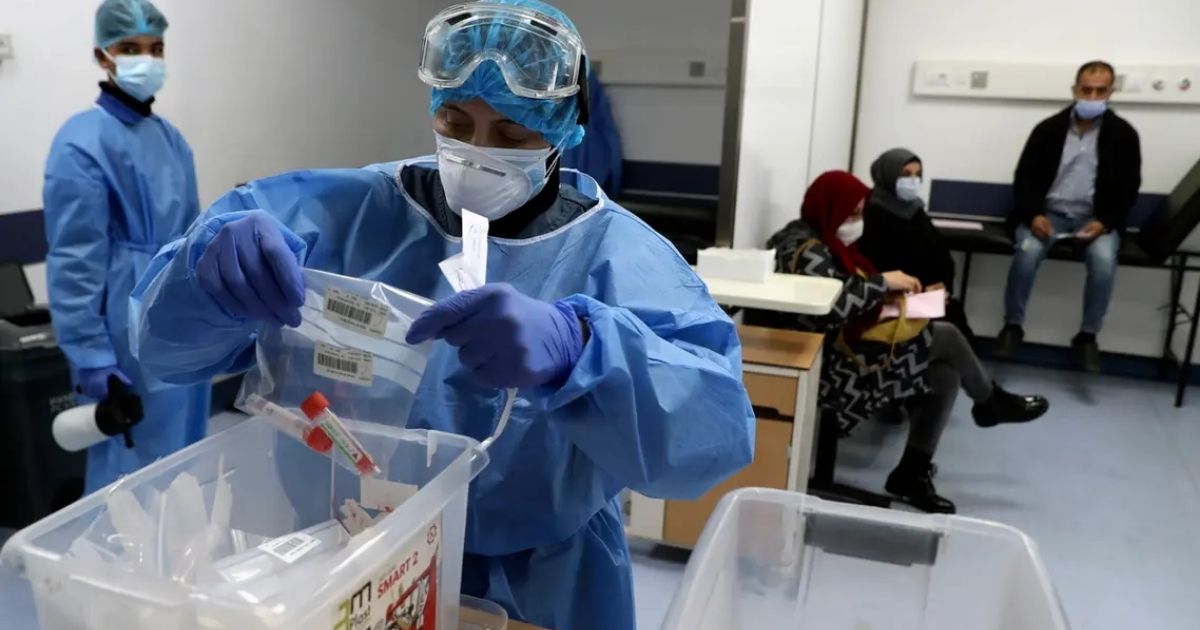The legislation regarding general amnesty was anticipated by countless prisoners and families in Lebanon, who fear the consequences of the recent spread of coronavirus (COVID-19) in the crowded prisons of Roumieh and Zahle.
However, the law that would allow the amnesty encountered serious obstacles and caused disagreement among Members of Parliament.
In the face of the possibility of losing their chance of being released, prisoners at Roumieh Central Prison threatened to kill themselves if the general amnesty was not approved on Wednesday.
“We stole out of hunger and poverty,” an inmate, standing on a ledge with a cloth around his neck, in apparent preparation to hang himself, shouted in a controversial video that reached social media.
Several others, assuming the same dangerous position, as ready to hang themselves, reiterated the demand, calling for the general amnesty, without exceptions, and threatening to “sacrifice” themselves for “everyone else” at the prison.
“They are the thieves. We stole but not as they did; we stole an egg, they stole a country,” one prisoner said.
Despite these threats, the Parliament postponed the discussion of amnesty and referred it to a committee during its legislative session on Wednesday.
One problem facing this law is that it is all-inclusive, which means that even terrorists and other dangerous felons, including drug dealers, murderers, and rapists, would be released by the amnesty unless this issue is addressed with an amendment.
Adding to that, the dangerous criminals among the inmates would be absolved without being rehabilitated to re-enter society as law-abiding citizens, which can have serious repercussions on society and threaten the lives of innocents.
The Parliament will go over the controversial law again on October 20th. Meanwhile, the families of the prisoners are protesting and participating in sit-ins, demanding the amnesty of thousands of prisoners in Lebanon.

